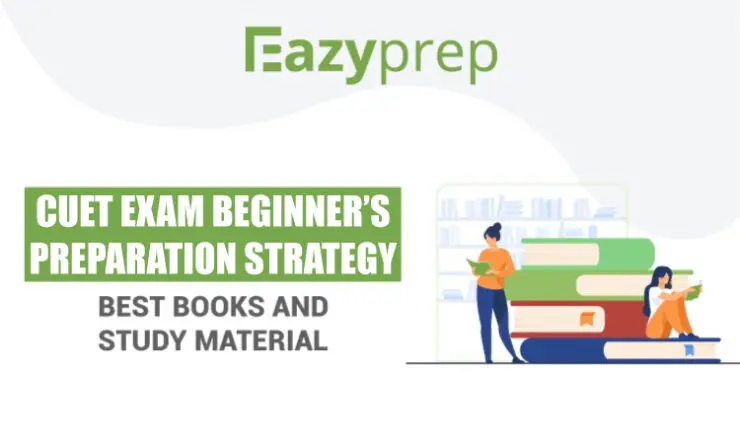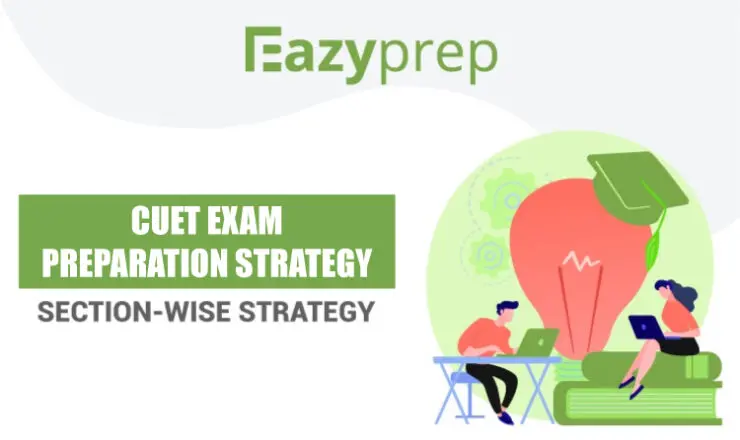![]()
The best CLAT Preparation is that done by the mentorship of a CLAT Topper. CLAT is the abbreviation of the Common Law Admission Test and is a national entrance test for admission to BA.LLB in colleges across India. For more information on the exam pattern, preparation strategies, and colleges that admit students on the basis of CLAT scores, check out these pages.
In this article, we will be talking about how a student cracked the CLAT in her first attempt without even taking any coaching.
About Kranti
Kranti is a student of law at Delhi University and she gave the CLAT in the year 2018. It was the first attempt that she gave. She had not taken any coaching for CLAT Preparation in particular.

Kranti’s CLAT Preparation: The Interview
How did you know which career stream and exam to opt for?
I was previously preparing for my UPSC exam and came across the subjects and topics such as Constitution, Fundamental Rights, Judiciary of India, etc and instantly felt a liking towards it. I started reading more about the legal system of our country and developed my interest in it. I enjoy reading and knowing more about anything related to legal matters and this was the reason why I chose law. I feel that in order to pursue any subject, you must develop an interest in it and you should feel happy to study it. That is exactly what my relationship with the law is. I enjoy it thoroughly.
How much time did you devote for CLAT preparation?
I gave 2-3 months to prepare for the entrance. As I was working, I took a leave for 15 days before the CLAT and thoroughly studied 8-9 hours during that period. Preparing for UPSC had helped me a lot to stay focused and do efficient studying for CLAT. Ultimately, the number of hours does not matter, what matters is the quality of the preparation.
What was your preparation strategy for CLAT?
I was a little confident in all the other topics, so I spent the most time studying for legal aptitude. I would prepare the 5 sections simultaneously on all days. For reasoning, quantitative, and English, I would try to solve a question paper each day. And for the legal aptitude, along with clearing out the basics, I would solve one paper every 3-4 days. I read the newspaper religiously every day to keep on top of my daily dose of current affairs. 15 days before the CLAT, I started solving more and more papers and then practised the weak areas.
What was your preparation strategy for legal reasoning?
Legal reasoning was somewhat new for me. The following was my preparation strategy for legal reasoning:
- Pick any basic book of CLAT and start studying all the basics in it. It is imperative to clear and strengthen your basics.
- Start solving question papers and practice more questions.
- I started by looking at the previous years’ papers and having an overall idea of the types of questions asked in legal aptitude.
- It is good to consult friends or relatives who have already given the CLAT or are in any law school to clear any doubts.
Which books would you recommend for CLAT Preparation?
I read UPSC books that I had for preparing reasoning questions and English language skills. For Legal aptitude, I followed the basic standard book for CLAT preparation by Arihant publication.

How did you approach negative marking in CLAT?
As there is negative marking in CLAT, it is important to approach the questions in such a way that there is minimal negative marking. For this,
- I saw the cutoffs of the previous years’ papers and prepared for the entrance by solving more papers and scoring myself.
- I solved those questions first for which I was 100% sure.
- After attempting all the known questions, I started solving the challenging questions and if I was 70-80% sure of the answer, I would attempt it.
- For all the rest of the questions, wherever I was unsure of the answer, I would skip them.
Tell us one aspect of the CLAT preparation strategy that you would want to change for a better score and why.
I feel that I gave much less time to prepare for the CLAT. Had I given 6 months for the preparation period, I would have easily got a much better rank.
Okay, now give us 4 tips for students who are preparing for upcoming CLAT
Well, for me, 4 tips for the students who are preparing for CLAT are:
- Practice more papers from the beginning of the preparation as it helps you to find your weaknesses. You can focus more on the weaknesses then.
- All the concepts should be clear and you must have an understanding of how questions are framed.
- Practice is the key to score a good rank in the CLAT.
- If you are giving the CLAT, make sure to devote atleast 6 months for the preparation of CLAT. Always choose quality of preparation rather than quantity.
And lastly, 3 mistakes that aspirants should definitely not make.
According to me, 3 mistakes that aspirants should never make are as follows.
- Never compromise on the practice of question papers. Previous year papers help you in understanding the pattern, questions and most importantly your weaker areas.
- Do not attempt questions within 2 minutes of seeing it. It is imperative to read the questions carefully before attempting.
- Do not solve any question if you are unsure about it. As CLAT consists of negative marking, it is better to skip the unsure questions rather than solving it and getting negative marks.
One last golden piece of advice…
I am an advocate of the fact that you must pursue what you enjoy. If you hate a subject you are studying, it is quite natural that you will not perform well in it. If you are passionate about anything in life, go for that thing. Do not indulge in things that you do not enjoy, because later on there won’t be any value of the degree if you did not enjoy it and are not ready to work on it in the future.

We hope for all the students who are busy with their CLAT preparation, the tips and tricks that Kranti shared are helpful. As she says, do everything passionately, and enjoy the process of studying!
To check out further details about the preparation strategy for CLAT, take a look here.

